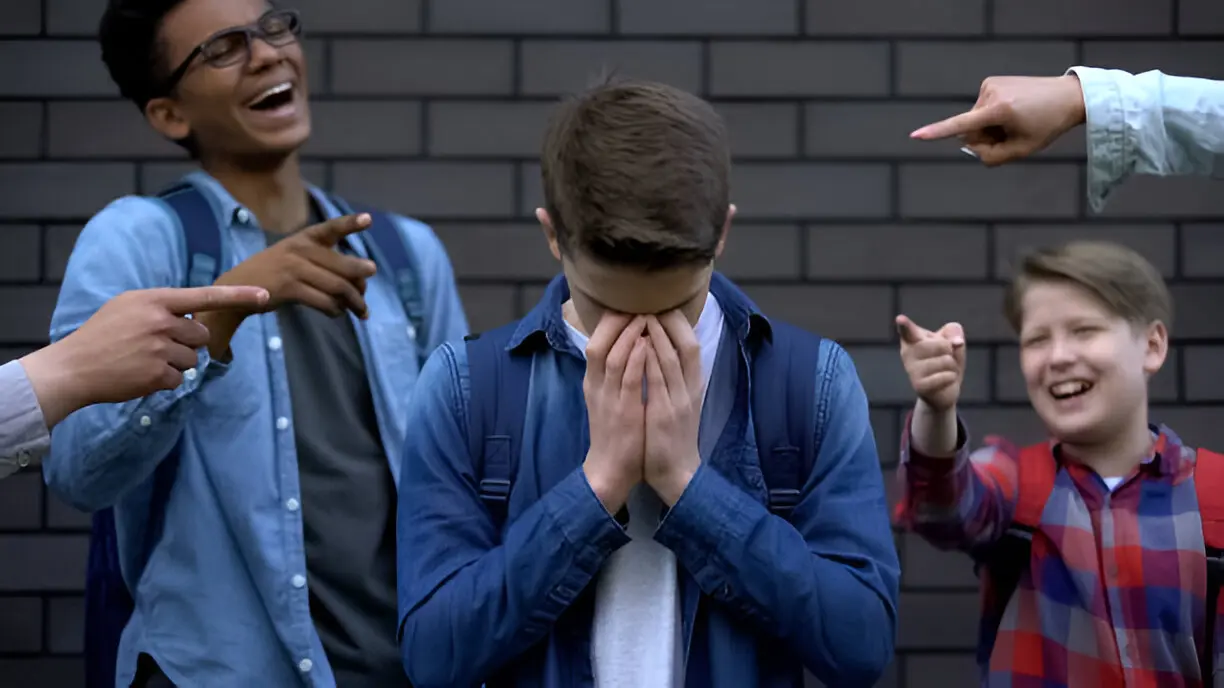As parents, we all hope our children will have a safe and happy school experience. But for many teens, school can become a place of stress and fear because of bullying. An expert Chicago personal injury lawyer has seen many cases like these. Unfortunately, most teens don’t openly share when they’re being harassed or mistreated by peers. They may feel ashamed, scared of retaliation, or believe no one will understand. That’s why parents must recognize the subtle warning signs. Here are five signs your teen might be dealing with bullying at school and what you can do to support them.
1. Unexplained Injuries or Damaged Belongings
If your teen comes home with bruises, scratches, or torn clothing and struggles to explain what happened, it could be a red flag. Bullies often target victims physically, sometimes in ways that seem minor but still cause harm. Along with physical injuries, be mindful if their belongings are repeatedly lost, destroyed, or vandalized. Books, phones, backpacks, or even lunchboxes getting damaged or going missing frequently is not something to brush off. Teens might claim they are just “clumsy” or “careless,” but repeated incidents can indicate something more serious is happening at school.
2. Sudden Changes in Mood or Behavior
Bullying takes a heavy emotional toll. If your once-talkative teen becomes unusually quiet, withdrawn, or anxious, it could be a sign they’re struggling with peer abuse. Watch for increased irritability, mood swings, or outbursts that seem out of character. Teens who are being bullied may also develop low self-esteem and start believing the negative things said about them. They might stop participating in activities they used to enjoy or avoid social situations entirely. Pay close attention to statements like “Nobody likes me” or “I don’t want to go to school anymore,” as these can be cries for help disguised as casual comments.
3. Changes in Eating or Sleeping Habits
Bullying affects more than just emotions. It can take a toll on your teen’s physical health too. Some teens lose their appetite, skip meals, or binge eat as a way of coping with stress. Others may have trouble sleeping due to anxiety or fear of facing another day at school. Nightmares, insomnia, or wanting to sleep excessively to escape reality are all common signs. These physical changes may seem unrelated at first glance, but they can often be traced back to emotional struggles stemming from bullying.
4. Avoidance of School or Making Excuses
A sudden drop in enthusiasm for school is one of the most common warning signs of bullying. Teens who are targeted may fake illnesses, ask to stay home, or constantly complain about headaches or stomachaches. They might beg you to let them transfer to a different school or avoid certain places, such as the cafeteria, locker room, or bus stop. In severe cases, bullied teens can develop school refusal, where anxiety about attending school becomes overwhelming. It’s important not to dismiss these behaviors as simple laziness or teenage rebellion. There could be a much deeper reason behind the excuses.
5. Decline in Academic Performance
If your teen’s grades suddenly drop, or they seem disengaged in their studies, bullying might be the cause. Stress and emotional distress can make it difficult to concentrate in class, finish homework, or study for tests. Some students deliberately underperform in an attempt to avoid being noticed by bullies. Others may simply lose motivation because their school environment feels unsafe. Teachers may notice a teen’s change in participation, but parents are often the first to recognize shifts in effort or focus at home.
Final Word: When to Take Action
If you suspect your teen is being bullied, it’s essential to approach the situation with care and empathy. Open the door to conversation without judgment. Let them know you are there to listen and support them. Contact the school to report the issue and request intervention. In some cases, bullying can escalate into harassment or physical harm that warrants legal action. When a school fails to protect a student or if injuries occur, it may be time to consult a Chicago personal injury lawyer. They can help you understand your rights and take steps to hold the responsible parties accountable. No child should have to face bullying alone, and no parent should have to face the aftermath without the right support.
Also Read-The Unseen Guardian: How a Term Life Insurance Plan Safeguards Your Family’s Dreams




